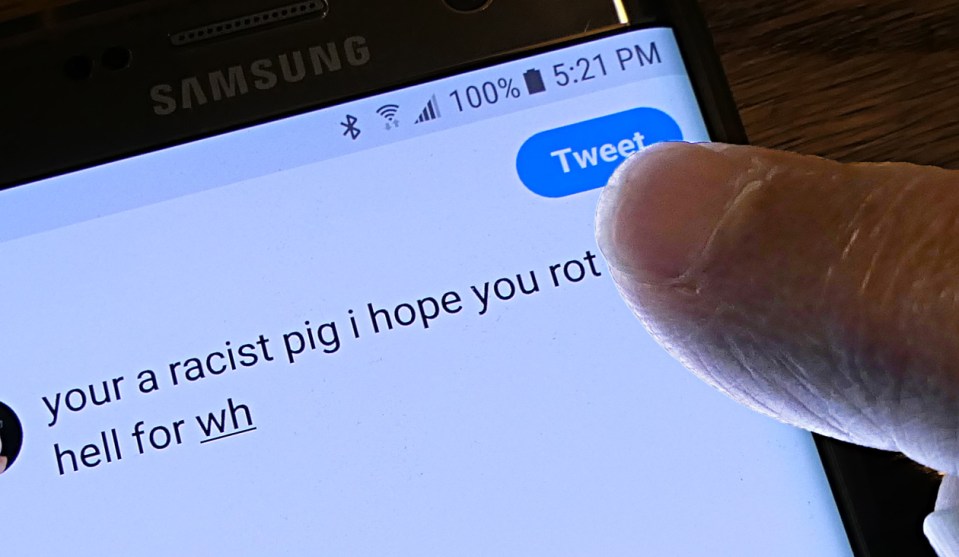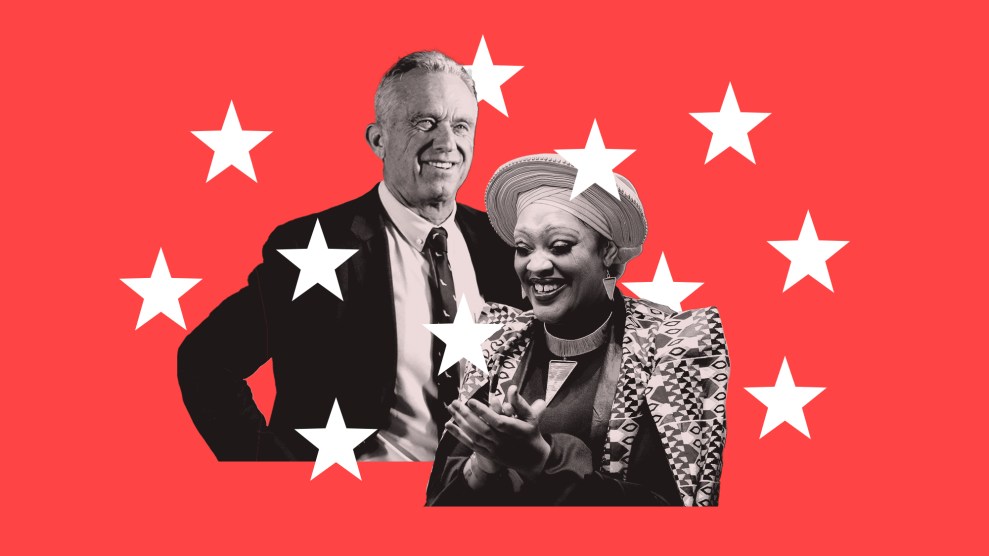
You should think long and hard before sharing this tweet with the world. Unfortunately, the people who most need this advice are the least likely to heed it.
Over at the Atlantic, Conor Friedersdorf calls out lefty call-out culture. It’s become so excessive, he says, that Twitter mobs routinely go ballistic over the smallest, most inadvertent micro-slights, even those from folks who are basically on their side:
I don’t understand why they believe that extreme anger and stigma should be directed at people whose intentions and substantive beliefs are so close to their own….
I don’t understand why they dedicate so much energy and focus to what even they call microaggressions at a time when an ascendant coalition in American politics is bent on deporting as many immigrants as possible….
I don’t understand how they think they can defeat that nativist faction if their own pro-immigrant coalition engages in divisive infighting over transgressions as inevitable as clumsy wording….
Even if every object of dragging deserved it, I don’t understand how the outcome could be anything other than punishing an infinitesimal percentage of bad actors while turning off so many with the excesses that it provokes a backlash.
Over at Vox, I think Ezra Klein coincidentally provides most of the answer in an interview with Tristan Harris:
Ezra Klein: I had Jaron Lanier on this podcast a couple months ago, and he said something I’ve been thinking about since then. He said that the key to a lot of social media is [that] negative emotions engage more powerfully than positive emotions. Do you think he’s right about that?
Tristan Harris: Oh, absolutely. Outrage just spreads faster than something that’s not outrage. When you open up the blue Facebook icon, you’re activating the AI, which tries to figure out the perfect thing it can show you that’ll engage you. It doesn’t have any intelligence, except figuring out what gets the most clicks. The outrage stuff gets the most clicks, so it puts that at the top….If the first thing you do when your eyes open is see Twitter and there’s a bunch of stuff to be outraged about, that’s going to do something to you on an animal level.
Journalists as a group evaluate social media poorly, and we evaluate Twitter especially poorly. Think about how Twitter works. There are a very few influencers who are determined to root out and denounce anything that’s even remotely problematic. They do this mostly via absurdly hostile readings of other tweets or by making connections that most people would never notice. Nonetheless, once that bell is rung, it can’t be unrung—and their followers all rush in to denounce the micro-slight in question. Why do the influencers do this? Because they’re zealots, and that’s what zealots do. And why do they attract mobs who follow them so uncritically? Because those are the kinds of mobs zealots always attract.
It’s exhausting to be on the receiving end of this stuff, but it’s truly meaningless. There will always be zealots and their mobs looking for outrages to slay. And while Twitter makes them more visible, their numbers are still tiny. A few hundred? A few thousand? That’s nothing considering the minuscule effort it takes to dash off a bit of tweetrage. Unless a Twitter mob gets into the 10-100,000 range, it simply doesn’t represent anything important.
Even among the far reaches of the left, I imagine that most people agree with Friedersdorf that outrage is a stupid response to micro-slights. So the answer to his bewilderment, I think, is twofold. First, social media is a magnet for outrage, and the platforms themselves encourage this because it keeps people engaged and delivers more eyeballs to their advertisers. Second, even given this, the number of people outraged by micro-slights is truly insignificant. Social media tidal waves, in which a few thousand responses rain down within a couple of hours, merely make them seem big.
If you ignore small Twitter mobs—and by small, I mean at least anything under 10,000 tweets—most of the paradoxes and conundrums of the social justice zealots go away almost instantly.

















